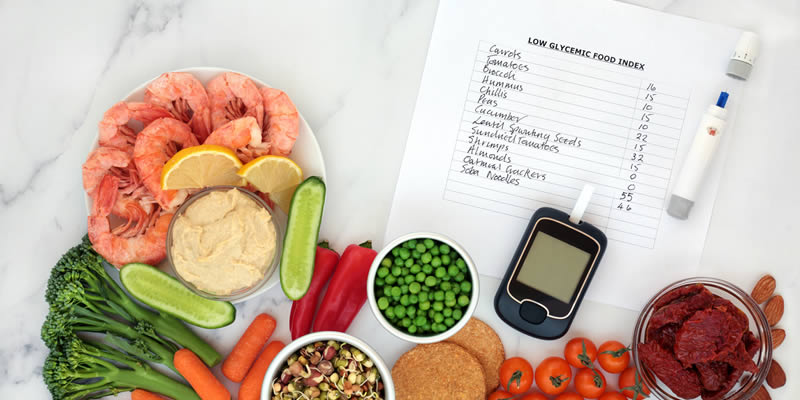The role of personal metabolism is in the spotlight after a new study found that people who experience bigger ‘sugar dips’ a number of hours after eating feel hungrier and consume more calories.
The study found that because some people experience significant dips in their blood sugar levels several hours after eating, they are more likely to have their next meal earlier along with consuming more calories.
The findings shed light on why some people find it harder to lose weight than others, with researchers saying it paves the way for more personalised approaches when it comes to helping people manage their calorie intake and hunger.
The study was carried out by PREDICT, the largest nutritional research programme in the world, a team from King’s College London and ZOE, which is made up of scientists from universities including Harvard Medical School, the University of Nottingham and Lund University in Sweden.
They examined the blood sugar responses of 1,070 people who ate standardised breakfasts and their own choice of meals over two weeks.
While studies in the past have explored blood sugar responses in the hours immediately after a meal, the PREDICT team found that in the two to four hours after this, some people experience significant dips in blood sugar levels. The study participants affected by these dips experienced a 9% increase in hunger and on average, had their next meal half an hour sooner than those who experienced a small dip in blood sugar levels.
In addition, they consumed around 312 more calories over the course of day, a pattern which could see them put on up to 20 pounds in weight over 12 months.
Dr Sarah Berry from King’s College London said: “We’ve now shown that sugar dips are a better predictor of hunger and subsequent calorie intake than the initial blood sugar peak response after eating, changing how we think about the relationship between blood sugar levels and the food we eat.”
- Can you believe it: Man puts type 2 diabetes into remission 23 years since diagnosis
Researchers did not find any links between participants’ age, BMI or body weight and whether they experienced a small or large blood sugar dip, although males were found to have slightly bigger dips.
Lead author on the study, Patrick Wyatt from ZOE, said the use of wearable technology can help people to understand their “unique biology”, saying: “By demonstrating the importance of sugar dips, our study paves the way for data-driven, personalised guidance for those seeking to manage their hunger and calorie intake in a way that works with rather than against their body.”
The study has been published in Nature Metabolism.




